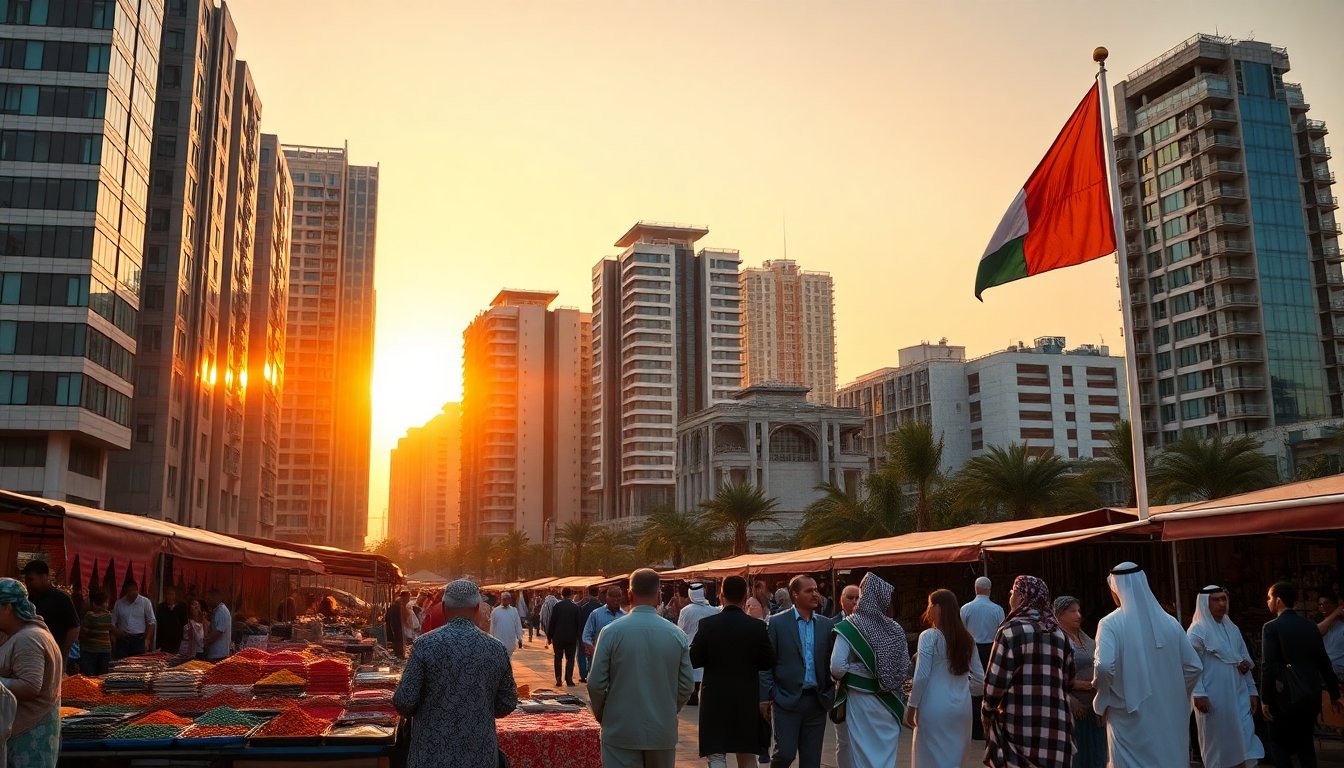Table of Contents
In a rapidly changing global landscape, recent interactions between nations, particularly in the Middle East, have garnered significant attention. The ongoing tensions and alliances are not merely regional concerns; they have far-reaching implications for international relations. This article aims to dissect these developments, focusing on key players and their strategies while providing a broader understanding of the geopolitical climate.
The Evolving Middle Eastern Alliances
As Gulf countries increasingly support one another, the political discourse is becoming more complex. Recent comments by Qatar’s Prime Minister, who has criticized Israeli Prime Minister Netanyahu, illustrate the rising solidarity among Arab nations. This sentiment is amplified by a backdrop of historical grievances and a quest for regional stability. The dynamics of these alliances are crucial, signaling shifts in long-standing policies and relationships.
Moreover, as countries like Saudi Arabia and the United Arab Emirates navigate their roles in the region, the implications of their alliances will likely influence their diplomatic and economic strategies. The focus on unity among Gulf states represents not only a reaction to external pressures but also an internal desire for a cohesive stance on pressing issues, such as the Palestinian cause.
Impact of External Influences
Beyond regional players, external influences from the United States and Russia continue to shape the geopolitical landscape. Recent incidents involving drone interceptions by Poland, returning from attacks on Ukraine, underscore the ongoing tensions between Russia and Western nations. This interplay adds another layer of complexity to the already intricate relationships within the region.
As conservative voices, such as those represented by activist Charlie Kirk, engage in the discourse surrounding these events, the narrative becomes intertwined with broader political ideologies. The responses from various nations to these provocations can significantly alter their international standing and influence future negotiations.
Prospects for Future Stability
Looking ahead, the potential for stability in the region hinges on several factors, including the resolution of ongoing conflicts and the establishment of effective diplomatic channels. The protests erupting in France and other nations serve as a reminder that domestic issues can also influence international relations. The interconnectedness of global events calls for a nuanced understanding of how local unrest can resonate on a global scale.
As governments assess their strategies in response to these challenges, the importance of dialogue and collaboration cannot be overstated. Building bridges rather than walls will be essential in fostering a more stable and peaceful future. The world is watching, and the actions taken now will shape the geopolitical narrative for years to come.


